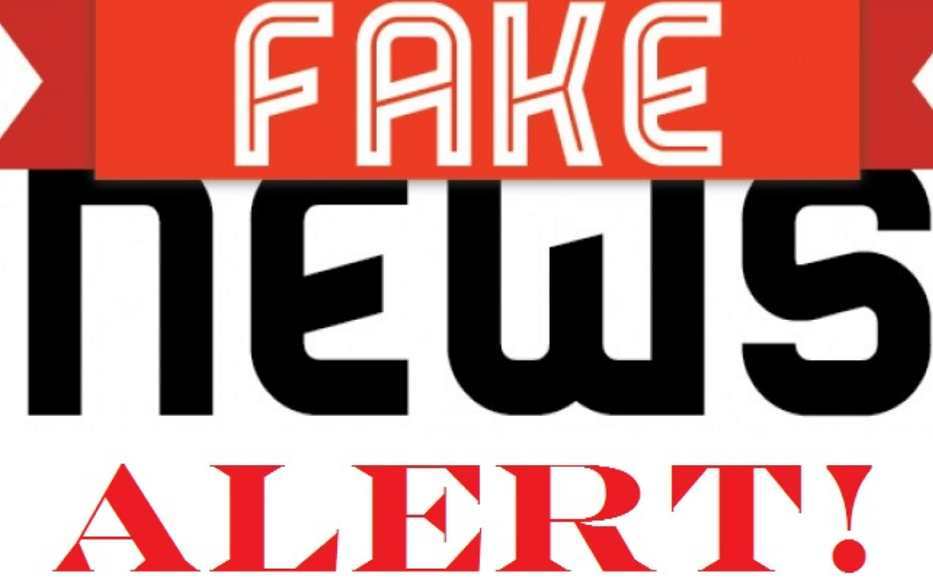Unless you were living completely off the grid the last few months you were inundated with a barrage of stories about Facebook and it’s role in spreading fake news. Critics of Facebook feels that they failed to curtail the dangerous proliferation of fake stories that they claim impacted the US presidential election. While Zuckerberg denies claims that fake news impacted the election saying that it was such a small percentage of what is shared on Facebook, his company has nonetheless released a plan for attempting to curtail the spread of fake news.
The plan is still in it’s beta testing and is only going to affect Facebook users in Germany’s North Rhine-Westphalia to start. While this might seem like a random and oddly specific choice there are a couple of key reasons why it makes perfect sense to start here. One is there is immense pressure from Germans. There is an election coming up in May in the North Rhine-Westphalia and according to Buzzfeed the most popular type of content shared in Germany are misleading articles and conspiracy theories.
Another reason to start in Germany is that Facebook is facing two lawsuits there related to fake news. A nineteen-year-old Syrian refugee, who was falsely accused in many articles of being responsible for a number of violent attacks, including the one at the Brussels airport, filed the first lawsuit against Facebook. The defamation suit claims that Facebook failed to take down these false reports. The second lawsuit claims that Facebook is failing to follow Germany’s anti-hate speech laws.
The anti-fake news protocol as it stands is currently very simple. Facebook will introduce a feature that allows users to flag articles as potential fake news. The articles will then go to an independent and not for profit fact checking organization, Correctiv, to look over and verify the article’s probity. If it’s deemed fake it will be given a badge that says “disputed” and will appear lower down on the people’s timelines.
Already there are those who worry that these methods will be ineffective or problematic. There is a high likelihood that there will be a lot of “revenge” or strategic reporting of articles. Groups, especially those who’s views are seen as unverifiable, are likely to report articles merely for expressing the opposite view point. Also, growing distrust in the media leads to the question of whether people will report articles just because they don’t like what it’s saying and don’t trust the source. Will this independent commission be able to handle the volume of claims?
It’s also worth questioning whether the “disputed” badge will be seen as a bad thing. So many alt or fringe groups pride themselves on being anti-establishment and having what they may perceive as an “establishment” organization label them as “disputed” could actually verify the validity and “dangerous truth” of the article. What will likely be effective is the lowering of the post on people’s timelines. You can’t spread or share what you can’t see.
Facebook promises that this won’t affect people’s individual status, which is a slight comfort to those who are worried about censorship and freedom of speech violations. They also say that satirical news outlets, like The Onion, will also be unaffected. Though one does have to pause and wonder if this is setting a dangerous president. Right now it’s an independent commission but if it becomes for profit how will that affect things? Could they falsely label an article as fake just because it doesn’t flatter their investors? Will president Trump, who is famously sensitive to any kind of satire about him, be able to put pressure on this commission to silence opposition reporting or jokes?
It’s clear that Facebook needs to take action to try and stop the spreading of false stories, however even the critics of their current plan offer few solutions. The best course of action will likely be to proceed slowly adjusting as new problems reveal themselves.
What do you think, will this affect Facebook marketing and if yes, how so?

